“None shall pass” scene from Monty Python and The Holy Grail
As I write this message, I am hanging out in the lounge of an incubator after 43 minutes trying to break through the building — regardless the lack of interest from the door guy in helping me out .
I’ve been to over 100 “entrepreneuship centerish” spaces.
Now I’m hanging out in one in Brazil, which made me conclude the importance of a player generally neglected by such places — be it an accelerator, public entrepreneurship center, a corporate incubator or a coworking space.
The doorguy.
Unless the building’s architecture is one of those without a main entrance, you need a door guy which expresses the culture you want in your space.
Cohesively.
Choices are simple: have the right door guy (read below to understand what “right” stands for) or have none.
The harm of having the wrong Door Guy can be as huge as causing someone who’d be a great mix in your space to turn his back and leave your building even before entering it.
TL;DR. A community center aims to allow connections which may result in exchange of information, learning and resources, read: collaboration.
For such exchange, some things matter — and the Door Guy impacts in but one, but very fundamental: who’s in. And who’s in will define how they interact — and then, other factors play in. Let’s take a look.
1. Who’s in: curation & openness
Before anything: of course you want a high potential, talented and curated crowd to join your community — but curation doesn’t contradict openness.
You “select” your crowd by the invisible filters which attract people to your building — not by making it harder to get in once they are at your door. I know you’re talking about a culture of hustlers — you want that guy who hacks the system to get in — regardless of the grumpy door guy.
But dude.
If you are a centre of entrepreneurship, most likely the dudes who are willing to walk in are not the typical guy who’d break in a “free pizza party”.
Weirdos trying to “invade” entrepreneurship hubs are generally connectors, investors, media, other founders, potential hires… People who could add value if you give them the chance to introduce themselves.
Having the wrong door guy is just like opening up a landing page with a big promise in the headline, but no call to action.
Not even a box where to leave your email, not a contact form. Like: people want your product — but you make sure there is no way they click through. Now make it worse. Imagine there constantly pop-up message jumping in the screen to say: “you’re not allowed to use this page”.
That’s the wrong door guy. It all boils down to loving your user.
Some people don’t. So if you don’t… Maybe managing a building filled with people isn’t your game.
You better leave your doors open for anyone who’s into creation and entrepreneurship and very likely, 1 out of 10 will be a worthless dude — but most of them will may be relevant to what the entrepreneurs need.
Trust serendipity. ;)
2. How they interact. “Floors don’t lie”.
When you aim to become a lighthouse — specially when your building isn’t a “pass through” Starbucks location, but rather a destination, it is important that your entrance is inviting.
Architecture matters. But your door guy can spoil the scene.
The entrance should be inviting and contain hanging out areas, like a lobby which allow random people to collide as they arrive in the space.
If you promote a culture of sharing, you should start promoting that from the entrance of the building, making it easy to access and navigate in.
If your floor plan doesn’t deliver what is expected from the community you are trying to build, specially from the entrance, you’re starting by educating people against the actions you expect them to follow.
Yes, you must have private offices where people focus and get shit done, but here’s the thing: any office building does.
A community space should allow users to navigate easily and follow one more call to action: interact. But they won’t , unless 1) they get in and 2) there are areas where they can freely meet people: an open space, square, cafe, lounge, lobby, etc.
From this — magic can happen.
Proactivity, openness, collaboration. If I’m received by a dude who says I’m not worth their wifi (like he’s talking about Thor’s Hammer), I’ll get inside and behave like an underdog who “doesn’t belong”.
Instead — if I am free to just walk in OR if I am received by this dude who welcomes me in, asks me where I’m from and demonstrates interest in what I do and how he can help me — I immediately turn the “hey, let’s go make friends and help each other mode”.
3. Final thoughts. Give > Take.
First impression matters, and that’s about the importance of the Door Guy.
Overall, the idea is: how welcoming is your space to visitors, from a digital nomad who’s trying to get into the local scene to a local student who wants to learn more about startups? As a community builder, your role is to attract the right people — and give them space to do stuff, making sure they understand how they can use it to everyone’s benefit.
Start from building a culture of trust by believing that people are good, if you just let them be. If I can add an element of giving trust and offering a very welcoming environment, here’s a final tip to add on the Door Guy:
3) Give free wifi for guests. We’re hosting geeks.
But that’s a topic for another text. ;)







